When it comes to financing major expenses or consolidating debt, many individuals in India often find themselves at a crossroads, trying to determine the best borrowing option. In this comprehensive guide, we will explore the fundamental differences between two popular lending options – Home Equity Loans and Personal Loans. By the end of this article, you will have a clear understanding of which one is better suited to your financial needs.
Home Equity Loan
A Home Equity Loan is a secured loan that allows homeowners to borrow against the equity they have built in their property. Equity is the difference between the current market value of your home and the remaining mortgage balance. Let’s delve into the advantages and disadvantages of this loan option.
Pros of Home Equity Loans
- Lower Interest Rates: Home Equity Loans often come with lower interest rates compared to unsecured loans, making them a cost-effective borrowing choice.
- Higher Loan Amounts: Since the loan is secured against your home, you can typically borrow larger sums of money, making it suitable for substantial expenses like home renovations.
- Tax Deductions: In India, you may be eligible for tax deductions on the interest paid towards a Home Equity Loan, reducing your overall tax liability.
Cons of Home Equity Loans
- Risk of Home Loss: Defaulting on a Home Equity Loan can lead to the risk of losing your home as it’s used as collateral.
- Eligibility Criteria: You must be a homeowner to qualify for a Home Equity Loan, which may exclude those who don’t own property.

Personal Loan
A Personal Loan is an unsecured loan that does not require collateral. It is a versatile borrowing option that can be used for various purposes. Let’s explore the advantages and disadvantages of Personal Loans.
Pros of Personal Loans
- No Collateral Required: Personal Loans do not require you to put up collateral, making them accessible to a broader audience.
- Quick Approval: These loans typically have a faster approval process, making them ideal for urgent financial needs.
- Flexible Use: You can use a Personal Loan for any purpose, from funding a wedding to covering medical expenses.
Cons of Personal Loans
- Higher Interest Rates: Personal Loans generally come with higher interest rates compared to Home Equity Loans due to the absence of collateral.
- Loan Amount Limit: The loan amount for a Personal Loan is often lower than what you can borrow through a Home Equity Loan.
Which is Better?
The choice between a Home Equity Loan and a Personal Loan depends on your specific financial situation and needs. Here are some guidelines to help you make an informed decision:
- If you are a homeowner with significant equity and require a substantial loan amount for purposes like home improvement or debt consolidation, a Home Equity Loan may be the better choice.
- For individuals who do not own property or require a smaller loan amount for various purposes, a Personal Loan is a more suitable option.
It’s essential to evaluate your financial goals, creditworthiness, and the potential risks associated with each type of loan before making a decision.
In conclusion, both Home Equity Loans and Personal Loans have their unique advantages and disadvantages. The “better” option is subjective and heavily dependent on your individual circumstances. Take the time to assess your financial needs and consult with a financial advisor if necessary before committing to a loan.


